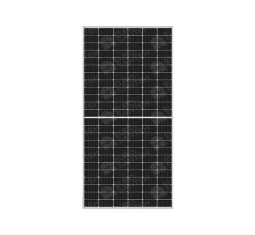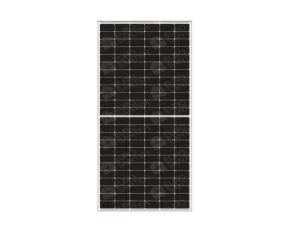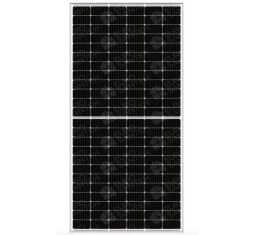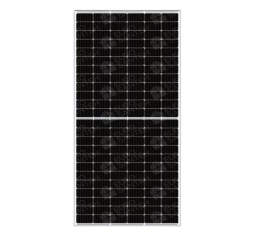Solar panels
In the realm of sustainable energy solutions, solar panels stand as a beacon of innovation and a key player in the transition towards cleaner, greener power sources. The concept of harnessing the sun's energy through solar panels has transformed into a reality that not only reduces our carbon footprint but also offers a myriad of benefits for individuals, businesses, and the environment.
Advantages of Solar Panels:
Renewable Energy Source: Solar panels tap into an infinite and renewable energy source—the sun. This ensures a continuous and sustainable power supply without depleting natural resources.
Cost Savings: Investing in solar panels translates to long-term cost savings. While the initial investment may seem significant, the reduction in electricity bills over time often outweighs the upfront expenses.
Environmental Impact: Solar energy is a clean, green alternative to conventional power sources. By harnessing sunlight to generate electricity, solar panels contribute significantly to reducing greenhouse gas emissions and combatting climate change.
Energy Independence: Solar panels empower individuals and businesses to become less reliant on traditional energy grids. This independence offers stability in the face of fluctuating energy prices and grid disruptions.
Choosing the Right Solar Panel:
Power Output: The power output of a solar panel is a crucial consideration. It is measured in watts and determines how much electricity a panel can produce. Tailor your choice based on your energy needs.
Efficiency: Efficiency measures how effectively a solar panel converts sunlight into electricity. Higher efficiency panels generally yield more power, making them suitable for limited roof space.
Type of Solar Cells: Solar panels come with different types of cells, such as monocrystalline and polycrystalline. Each type has its advantages, with monocrystalline panels known for higher efficiency.
Installation Space: Assess the available space for installation. Rooftops are common, but ground-mounted systems can be considered if space permits.
Purchasing Solar Panels:
Evaluate Your Energy Needs: Before buying solar panels, assess your energy requirements. This analysis guides you in selecting panels that match your specific needs.
Research the Market: Explore various brands, models, and prices in the market. Reading reviews and seeking recommendations can help you make an informed decision.
Consult with Experts: If you have questions or uncertainties, consult with solar energy experts. Their insights can provide clarity on technical specifications and assist in choosing the best solution.
Installation Process: After purchasing solar panels, plan for the installation process. Many manufacturers offer installation services or can recommend professionals for the job.
Real-world Applications of Solar Panels:
Residential Homes: Solar panels find widespread use in residential homes, where they are often installed on rooftops to meet a portion or the entirety of the household's energy needs.
Agricultural and Rural Areas: Farms and rural areas benefit from solar panels, providing a reliable and sustainable energy source for agricultural operations.
Commercial and Industrial Use: Many businesses and industries integrate solar panels into their operations to reduce operating costs and demonstrate commitment to sustainability.
Community Projects: Solar panel installations in community projects, such as schools or community centers, contribute to shared energy resources and community development.
In conclusion, the adoption of solar panels marks a pivotal step towards a cleaner, more sustainable energy future. Whether for residential, commercial, or community use, solar panels offer a tangible pathway to reduce environmental impact while enjoying economic benefits. As technology advances, the potential for solar energy to power our world more efficiently and responsibly continues to grow.









